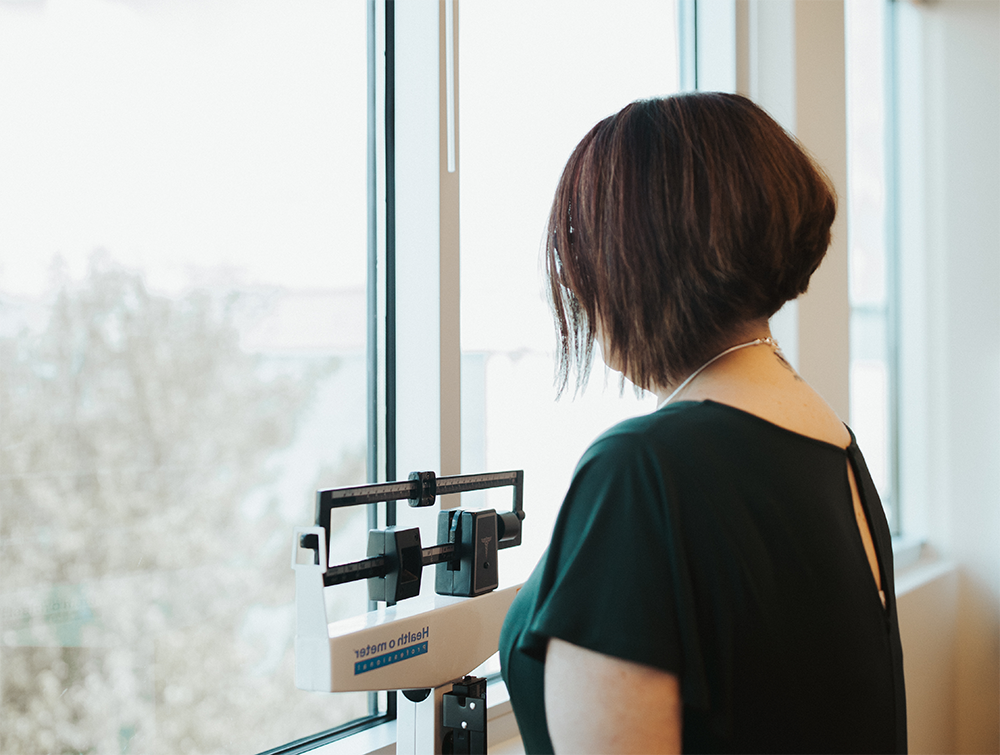A common misconception surrounding weight loss surgery is that it is a permanent fix. Although surgery can help patients lose weight at an otherwise faster rate than they would with simple diet and exercise, it will not keep the weight off forever—patients must maintain a healthy lifestyle.
Weight loss surgery works in a way that it restricts the amount of food patients can consume, however regardless of the quantity of food that is eaten, patients must be aware of the quality as well. Therefore, you can not eat ice cream and donuts everyday and expect to lose weight still, even if you are eating less of it.
Throughout my time in bariatrics, I have seen many patients who are confused as to why they have regained their weight after surgery. In most cases, patients are partaking in unhealthy lifestyle habits that they are completely unaware of. So, I have compiled a list of the most common eating behaviors that have led to our patient's weight regain, or even plateau, after surgery.
Reasons for Weight Regain
1. Portion Control
One of the most common reasons for weight regain is that patients are eating too many calories at each meal, and in some cases not enough. For patients who are fresh out of surgery, they will notice they do not need more than the recommended 1 cup serving size to feel satisfied. However, as the years go by and you begin to eat more, your stomach will expand allowing you to consume larger amounts of food. Therefore, patients must be extremely aware, even 5 years out, of how much food they are putting on their plate at each meal.
On the contrary, not eating enough calories can cause your body to hold onto the fat because it believes it is in starvation mode.
2. Grazing and Snacking
Not sitting down for planned meals is another reason patients are seeing the number on the scale go up. When you don't plan the food you eat or measure out the appropriate serving size, it is easy to eat foods that are not on your nutrition plan or to overeat these otherwise healthy foods. Although we suggest our patients eat 5 small meals a day, we also suggest they plan accordingly.
3. Too Many Carbs
Although the body needs a certain amount of carbohydrates to fuel itself, if you are not burning more than you consume, you will gain weight. Therefore, we recommend our patients stay away from high carb foods such as fruit, starchy vegetables, and grains (including pasta and bread). Your body will receive enough carbs from the other foods on your nutrition plan in order to functional properly and still help you lose weight.
4. Drinking Your Calories
As our registered dietitian wrote in a blog post about a year ago, sugary drinks are the single largest contributor of added sugar to the American diet. The worst part about drinking your calories is that they are empty calories—meaning you will still feel hungry after drinking. So stay away from any beverage that contains more than 5 grams of carbs per serving!
Besides the reasons I just listed above, the number one (underlying) cause of weight regain is emotional stress! Patients are eating as a coping mechanism when they feel some sort of extreme emotion, even if it is happiness—this is called head hunger.
If you believe you are experiencing head hunger, you can schedule an appointment with one of our physicians or our psychologist.











